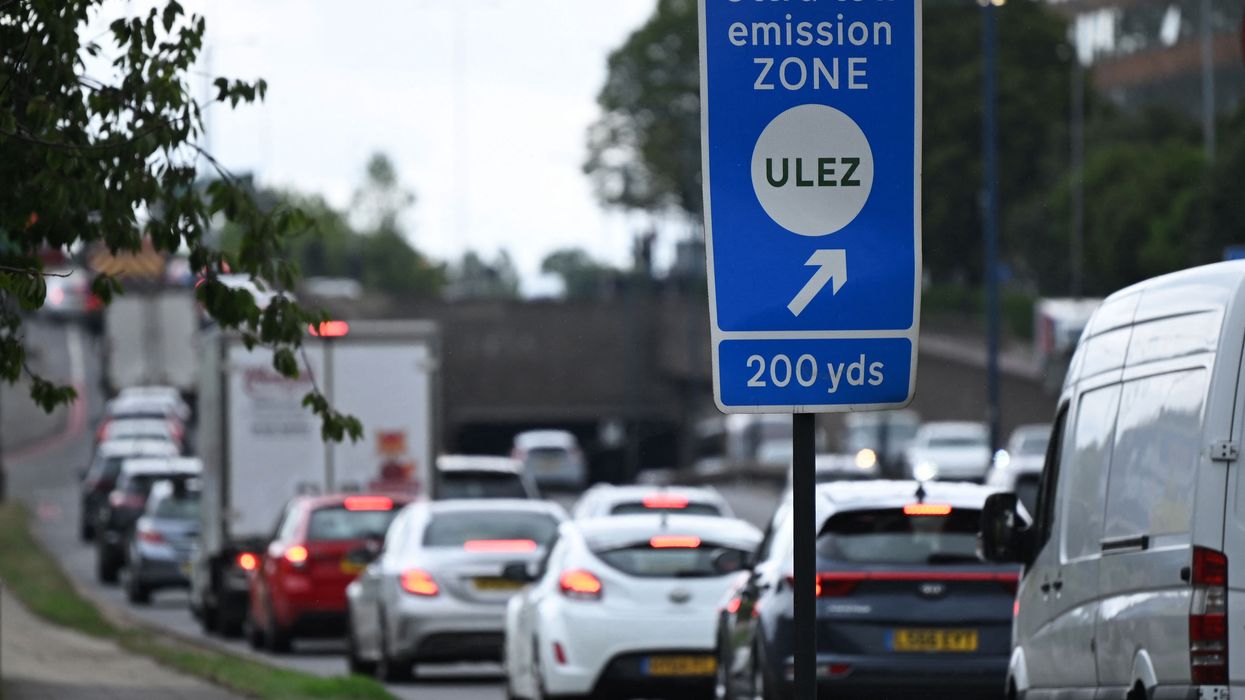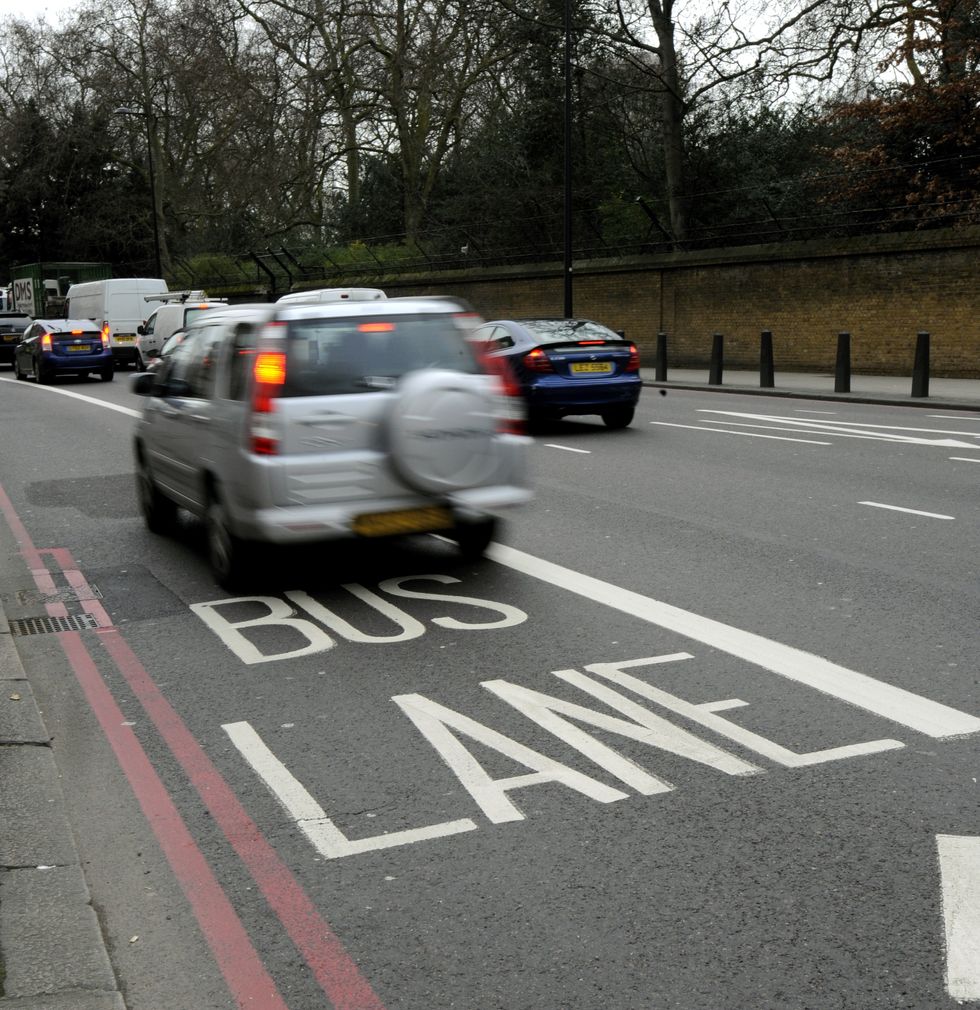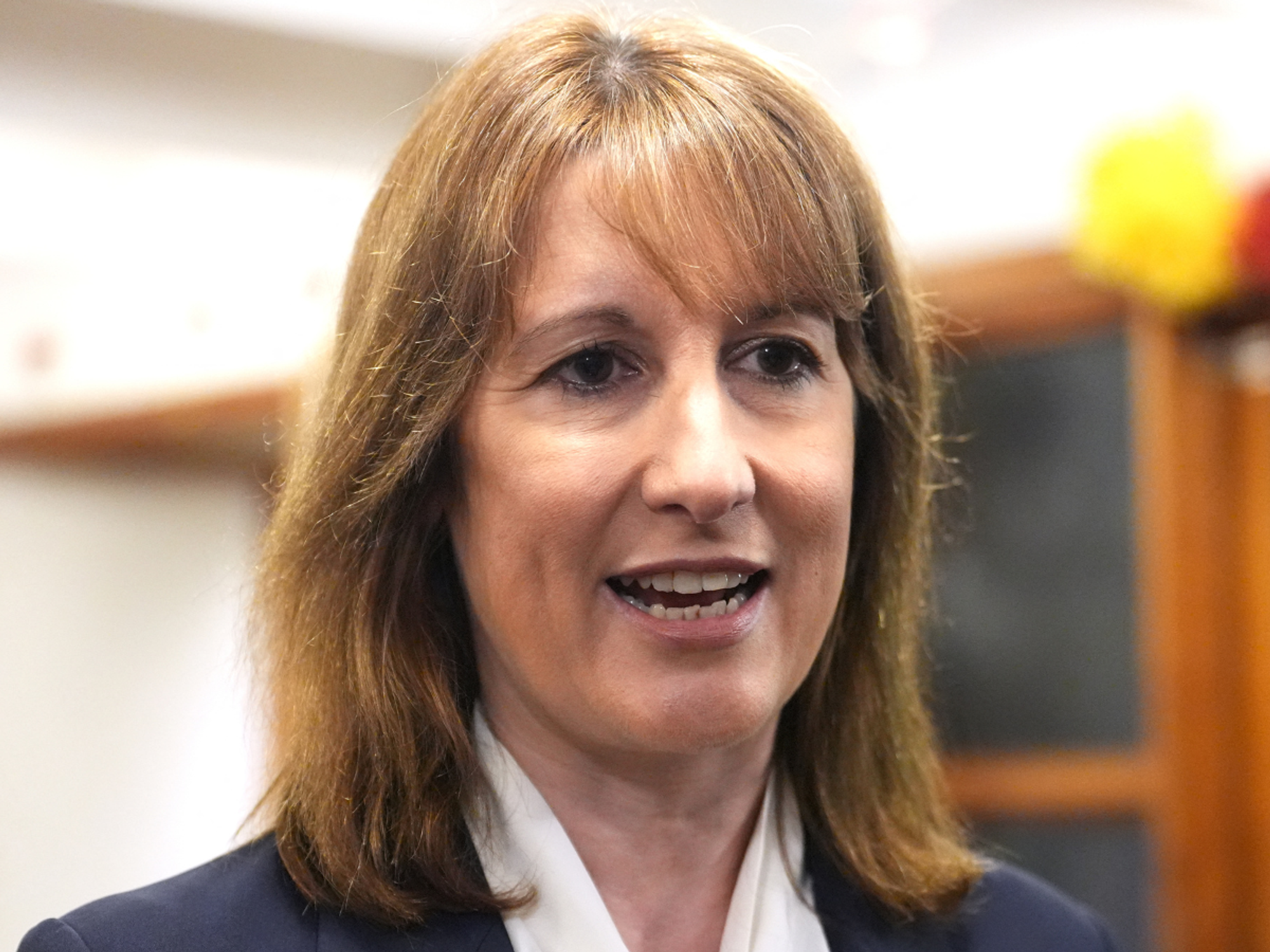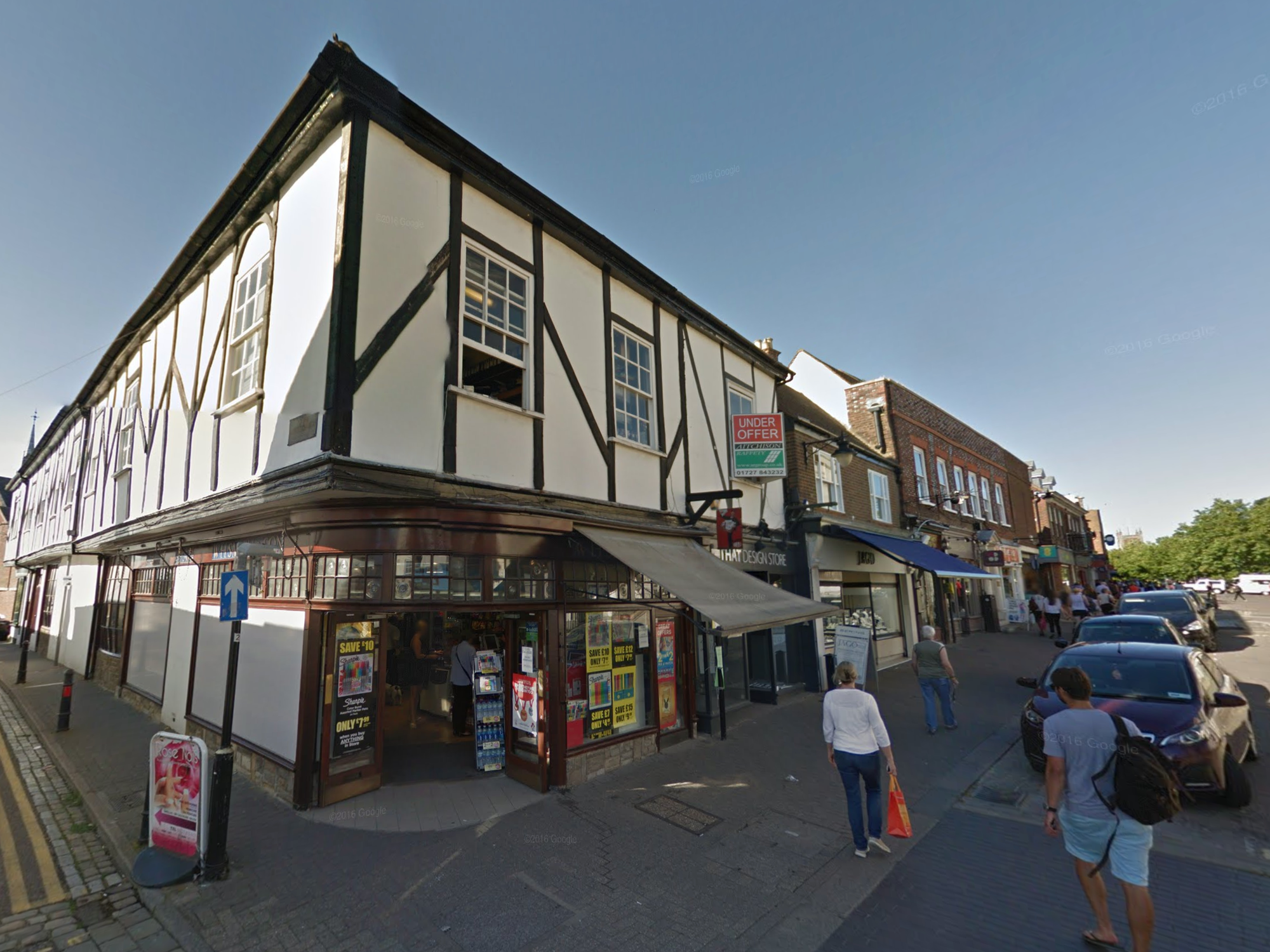Congestion zones and 'physical measures to limit vehicle movements' could cut UK traffic

More congestion charges could cut traffic rates
|GETTY

The report warned that measures would need to be introduced to protect lower-income drivers
Don't Miss
Most Read
Latest
Emissions-based charging schemes and other motoring measures could be used to reduce the amount of congestion in cities, new research has found.
A report from the National Infrastructure Commission has brought forward 46 recommendations to help the UK adjust to net zero goals through new proposals, including motoring.
The report suggested that measures could be implemented to travel by public transport and active travel, especially at peak times.
This could include “congestion charging, workplace parking levies and physical measures to limit vehicle movements”.
WATCH NOW: Andy Burnham dismisses charging zone in Manchester
It highlighted how Nottingham had used a workplace parking levy successfully for more than a decade by charging businesses with 10 or more parking spaces to pay an annual fee.
Leeds City Council has also used controversial techniques including reducing traffic with bus priority corridors, bus only gateways and pedestrianisation.
These measures have been identified as potential changes which would boost the amount of public transport on the road and cut vehicles.
The report continued: “It is also possible to reduce demand for car travel within city centres by limiting the places or routes into which cars are able to go.
“The exact form of any measures should be a decision made by individual cities, which are best placed to understand the local context and respond with appropriate design (for example, the hours of operation) and sequencing of interventions.
“People on lower incomes who rely on the car for most journeys may still be negatively impacted, and certain ethnic groups are disproportionately represented in lower income groups.”
Cities will need to ensure any charging scheme does not disproportionately impact those on lower incomes by introducing exemptions and public transport subsidies, the report stated.
London’s expansion of the Ultra Low Emission Zone in August was seen by many as a litmus test for how emissions-based charging schemes could be rolled out.
While the move was met with plenty of controversy and continued protests, Sadiq Khan received praise from the World Health Organisation for the “politically courageous” move in a bid to slash emissions.
Mayor of Greater Manchester Andy Burnham confirmed to GB News Political Editor Christopher Hope that he would never introduce a charging zone in the city, preferring instead to invest in public transport, like the newly launched Bee Network bus service.
The Second National Infrastructure Assessment also calls on the Government to provide £22billion worth of funding to Birmingham, Bristol, Leeds and Manchester.
According to the NIC, this would fund major transport projects between 2028 and 2045 to expand rail or tram projects.
Sir John Armitt, Chair of the National Infrastructure Commission, said: “To deliver net zero by 2050, the UK must be a long way down the road to decarbonising electricity, transport, industry and heating by the Sixth Carbon Budget in 2035.
“The public pay for infrastructure as taxpayers and bill payers — and so we must be open with them about the costs as well as the benefits.
LATEST DEVELOPMENTS:

Bus lanes have been used to ease congestion in Leeds
|PA
“These objectives are shared across the political spectrum, and society more widely. We have aimed to set out a bold but achievable package of actions to help meet these goals, which we hope secure similarly broad support.”










